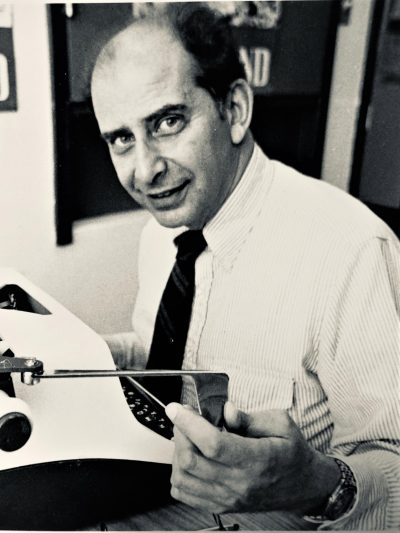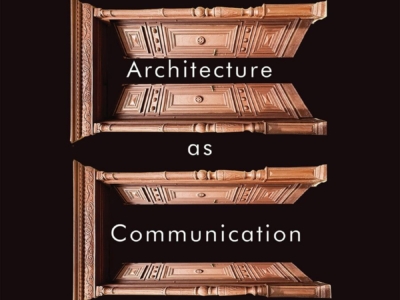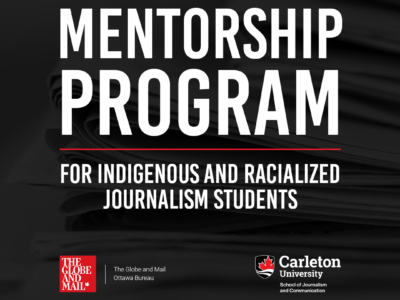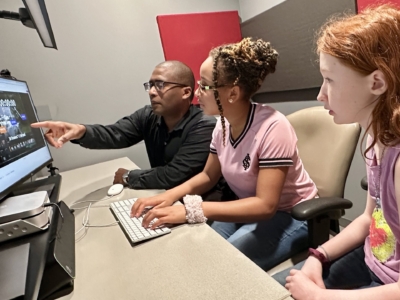David Van Praagh (1931-2019): former faculty member, School of Journalism and Communication
A lifelong dedicated journalist, David worked as foreign correspondent, author, and university professor. He worked in print (Globe and Mail, New York Times), Radio (CBC) and TV (CTV, CJOH). Member of the first graduating class of Brandeis University (1952), Master’s in Journalism Columbia University (1953). He immigrated to Canada in 1962 when he joined the editorial board of the Globe and Mail. He covered Queen’s Park and Parliament Hill in Canada, and he covered South and Southeast Asia, including the Vietnam War, India and Singapore, in the 1960s and 70s as correspondent for the Globe and Mail. For more than 25 years he shared his expertise on world affairs for CJOH-TV and many newspaper op-ed pages. He taught international reporting as Professor of Journalism at Carleton University (1972-1996) and published books “The Greater Game: India’s Race with Destiny and China”, and “Alone on the Sharp Edge: The Story of M.R. Seni Pramoj and Thailand’s Struggle for Democracy.”
Full obituary: https://ottawacitizen.remembering.ca/obituary/david-van-praagh-1078167487
Remembering David Van Praagh
By Andrew Cohen
David Van Praagh arrived at the School of Journalism in 1972. He joined a faculty that included Stuart Adam, Anthony Westell, Joe Scanlon, Bob Rupert, Sandra Came and Murray Goldblatt. All were tough, seasoned practitioners. In a time of less delicate sensibilities, they were all reliably and artlessly frank— and, on occasion, withering in their criticism.
I thought David was unusual. He was an American, a Jew from New Jersey, working in a profession with relatively few Jews. He was educated at Brandeis and Columbia. He had spent much of his career abroad, writing for The Globe and Mail, The New York Times and other publications. He knew Asia, which was mysterious a generation ago.
His signature course was International Affairs Reporting, an upper-level, year-long survey of the world. Many of us in the class wanted to be foreign correspondents and here was one, fresh from the field. It gave him a flair, even an exoticism, and a few war stories, too. David knew the creases and the corners of Vietnam, India, Singapore and India. Asia was a touchstone for him, animating his work as a reporter, columnist, broadcaster, author and teacher.
In 1977, I entered the “One-Year Program”, a Bachelor of Journalism open to students with an undergraduate degree. I had just returned from summer studies in India. David recalled how he driven there in a pink Cadillac in 1962. Whether it was really a Cadillac and it was really pink, I don’t know, but it was thrilling to hear of travelling overland from Europe through the Shah’s Iran and James Michener’s Afghanistan.
We called him by his first name which professors encouraged in a time the School (in the Arts Tower) had the feel of a newsroom. He was “David” but he was no pushover. Rick Doyon learned that when he submitted the first draft of his Honours Research Project to David, who was his advisor. It was a profile of a prominent businessman in Northern Ontario in the 1950s.
“After reading it, David summoned me to his office,” Rick remembers. ‘So, what do you think of it?’ he asked. I replied that I thought it was pretty damn good. ‘You do, eh?’ “Then he tossed the manuscript back at me, and as I rifled through it, I could see nothing but a sea of red ink. ‘Gonna have to re-do it. No way around it,’ he said, watching my reaction, which was probably me rolling my eyes. ‘Listen, Rick,’ he said, ‘I’m just trying to get you out of here with a degree!’ I remember stomping out, indignant. But his criticisms were spot on. I rewrote the profile and Carleton kicked me out with my degree — and with a much-needed lesson from David to do my best work.”
The highlight of international reporting was a week at the United Nations in February. Still, it was New York, we were young, and there were diversions. I arranged tickets for the class — $12.75 each – to see A Chorus Line on Broadway, which annoyed David. “People,” he thundered, “let me remind you — once again — that we are here to learn about the UN and cover the news, not to see A Chorus Line!”
David cared deeply about his students. He hosted dinners at his home and he remained in touch with us after we graduated. To us he was eccentric, theatrical, mercurial and sometimes irascible. Once he got into a heated discussion with a graduate student over Apartheid which, he recalled, “nearly came to blows.” More often, he was funny, very funny, sometimes when he didn’t intend to be. At a meeting at the UN, for example, a classmate announced that he was leaving the room and asked David, somewhat audaciously, to take notes for him. ‘I’m astounded! Just astounded!’ David declared. ‘What am I, your secretary?’ His laughter was loud and piercing, convulsing his whole body.
Over the years David followed my writing and let me know when he disagreed with me. His views were conservative and he expressed them forcefully. When I joined the School in 2001, he suggested that we co-teach a course called “Reporting Asia.” Intriguing as it was, it did not happen. He soon retired.
But I did inherit his course in foreign reporting. I still hear his voice, strong and stern. And I recall his kindness and vulnerability. Next month, my students and I will go to New Hampshire to cover the presidential primary. There will be no singing and dancing on this trip, only good political theatre. I think he would enjoy the show.
Andrew Cohen is an associate professor at the School of Journalism and Communication.
Wednesday, January 15, 2020 in Journalism News
Share: Twitter, Facebook



